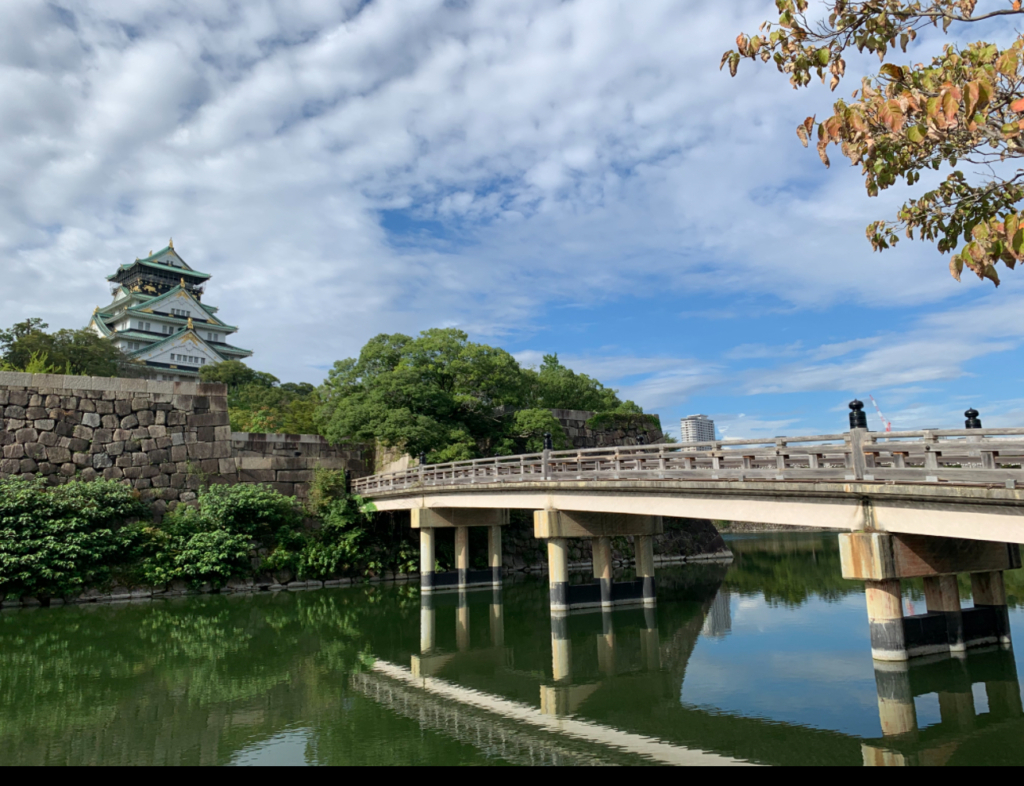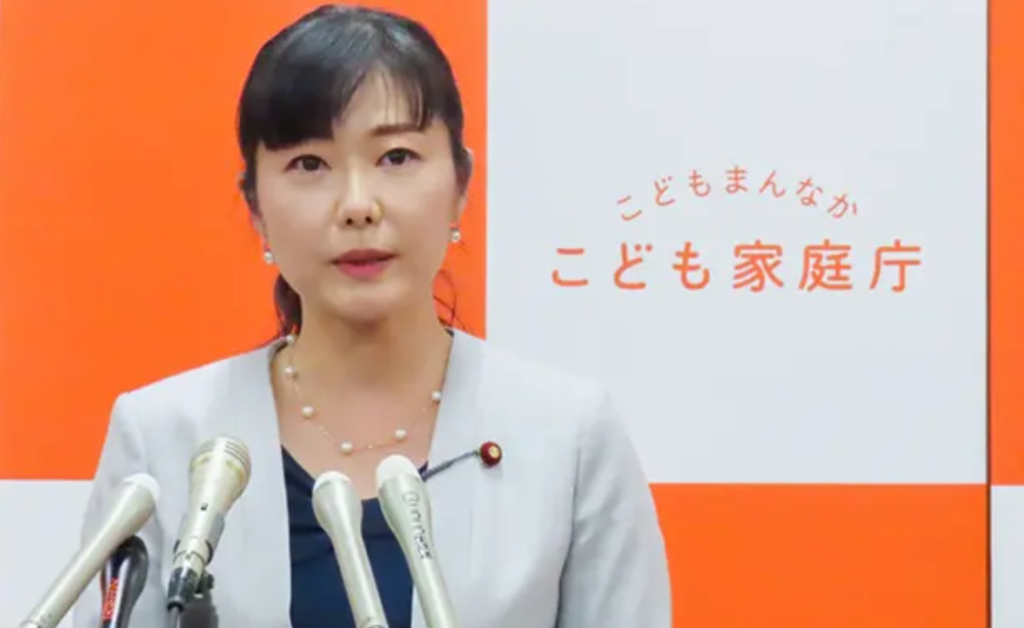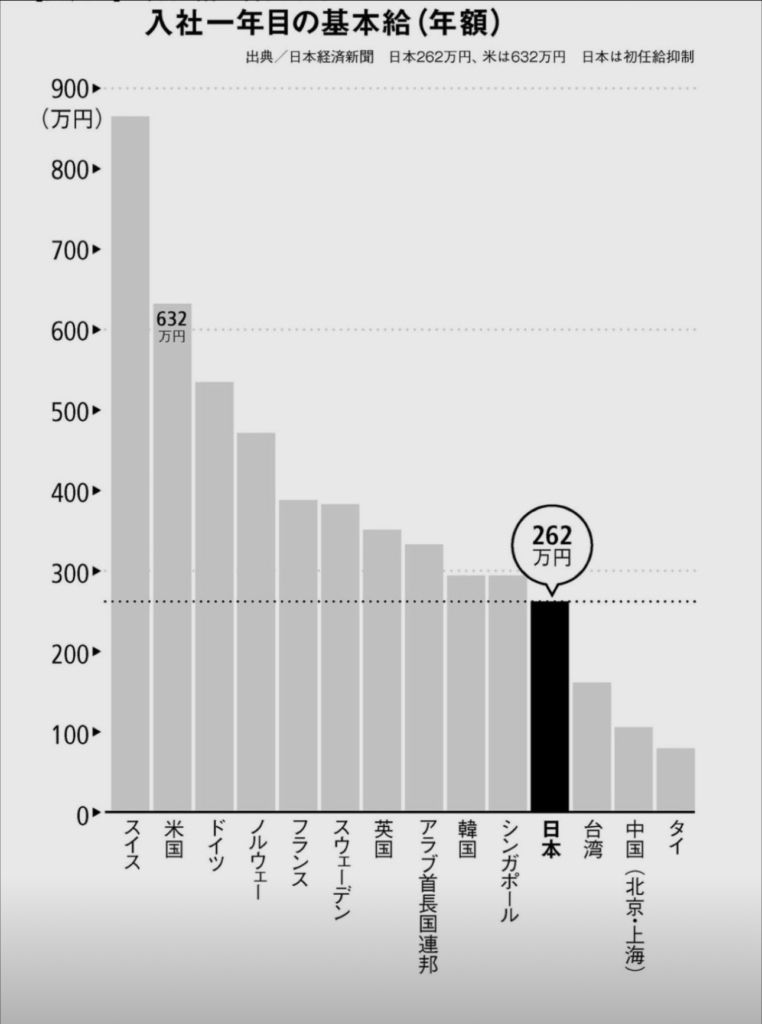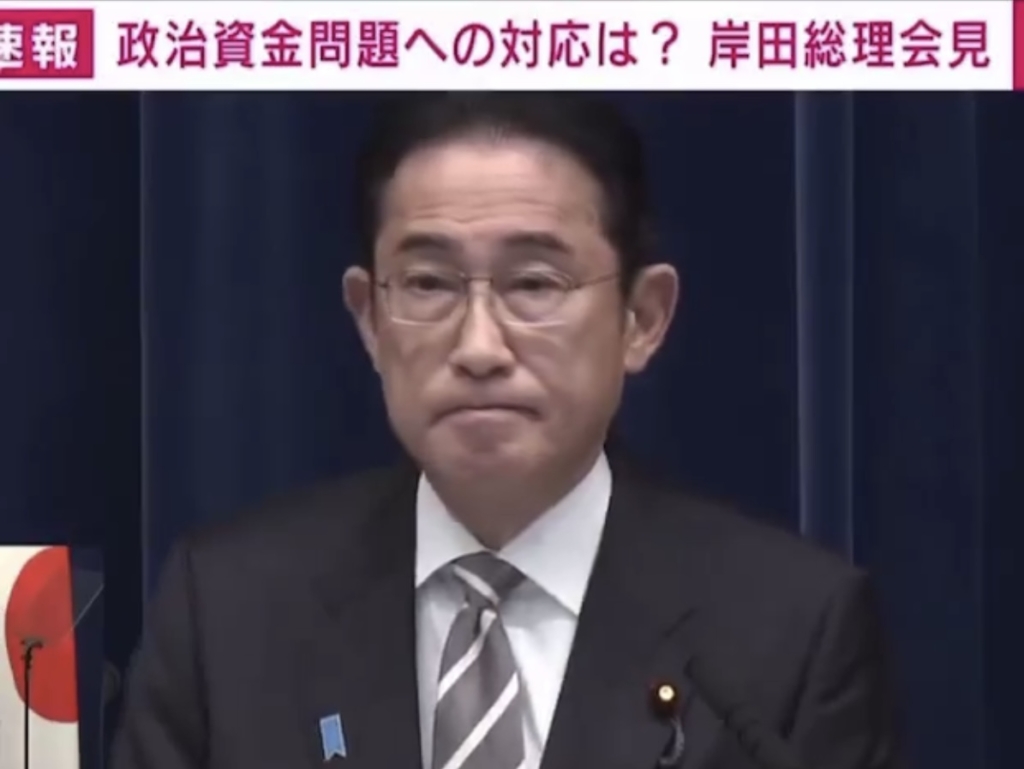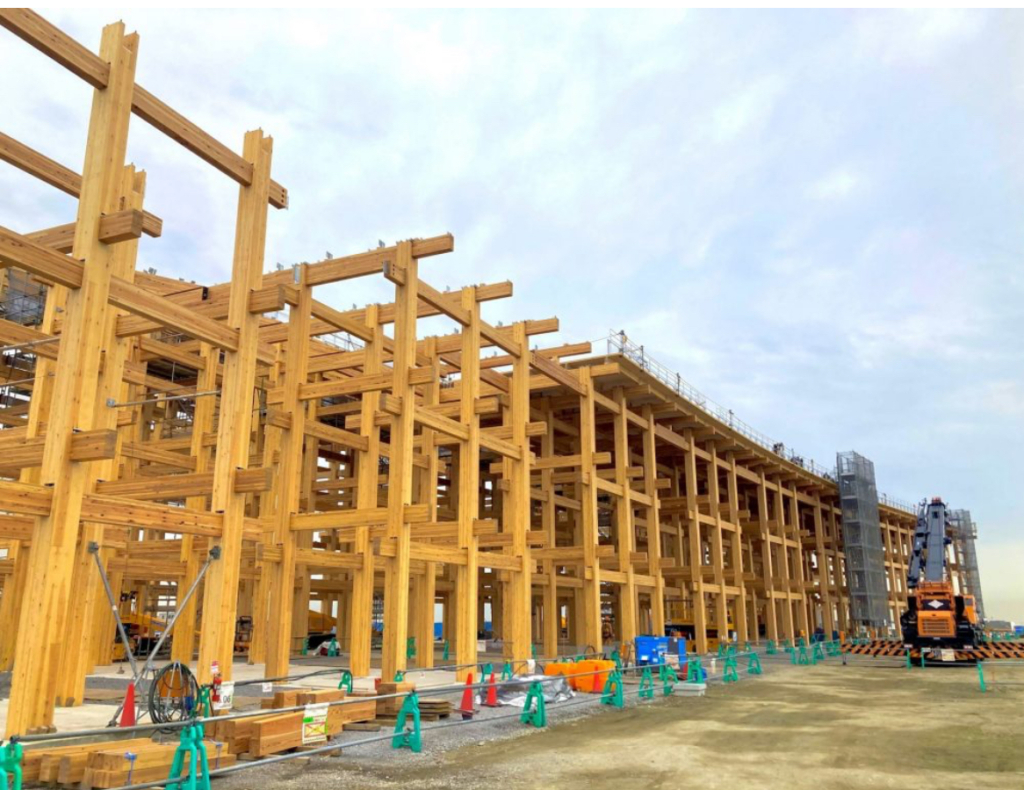
Amidst the rising criticism from Japanese citizens towards the Osaka Expo’s Ring structure, I, drawing from my own experiences in interior construction, believe the construction of this ring is an extremely challenging feat.
The technical skill and effort of those involved in this construction should be more highly appreciated. It’s crucial to distinguish between the political leaders of the Osaka Expo and the skilled technicians and workers on the ground.
Working with wood, which often warps and bends due to moisture and other factors, requires significant skill to correct these deviations on-site. Creating a circular structure like the Ring involves considerable difficulty and material waste.
Likely under constant pressure from political leaders to expedite the process, the workers face immense challenges. Precisely carving joints and ensuring perfect alignment within millimeters is no small task. Moreover, ensuring level flooring, especially over a body of water, raises questions about the methods employed in this process.
With multiple contractors involved, the integration of the Ring’s segments is a point of intrigue.
Based on my carpentry experience, I view the construction of this Ring as an extraordinary achievement, showcasing remarkable craftsmanship and engineering prowess.
#ArchitecturalInnovation #ProjectManagement #SustainableConstruction #WoodworkingArtistry #Osaka2025 #ExpoConstruction #EngineeringExcellence #BuildingTheFuture
#OsakaExpo #ConstructionExcellence #EngineeringMarvels #Craftsmanship #InnovationInConstruction
(Photo) From Radio Kansai, November 2023










